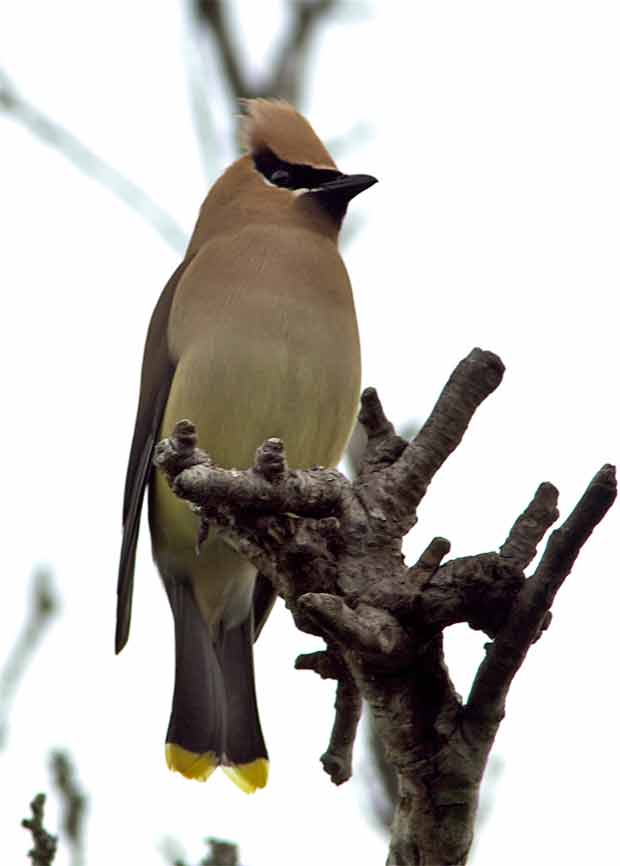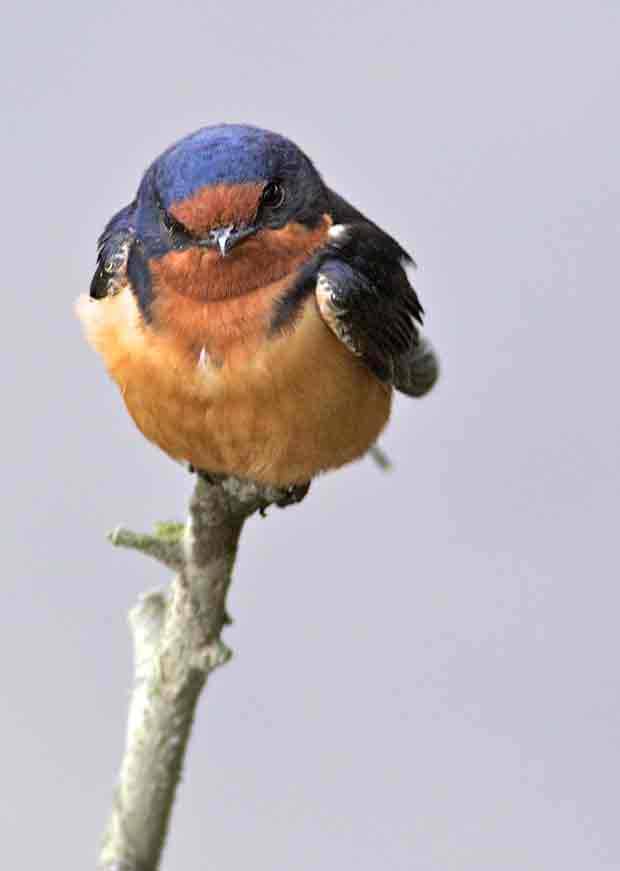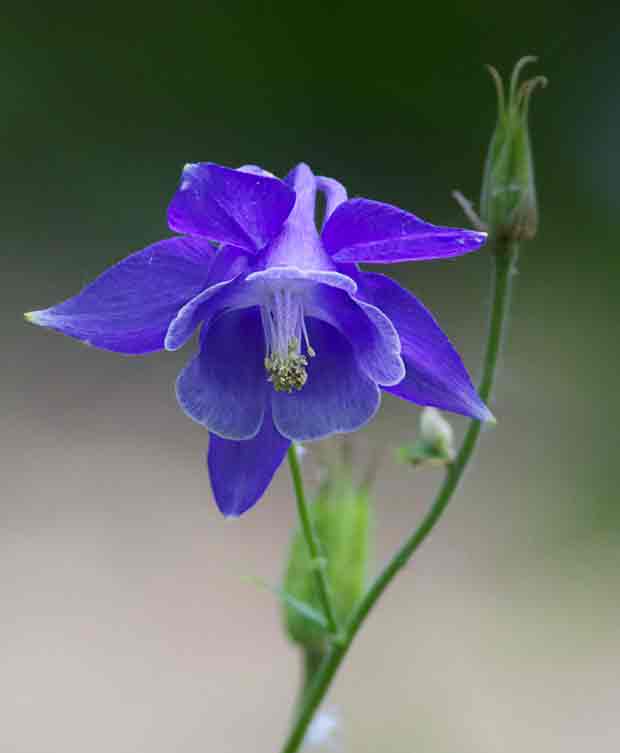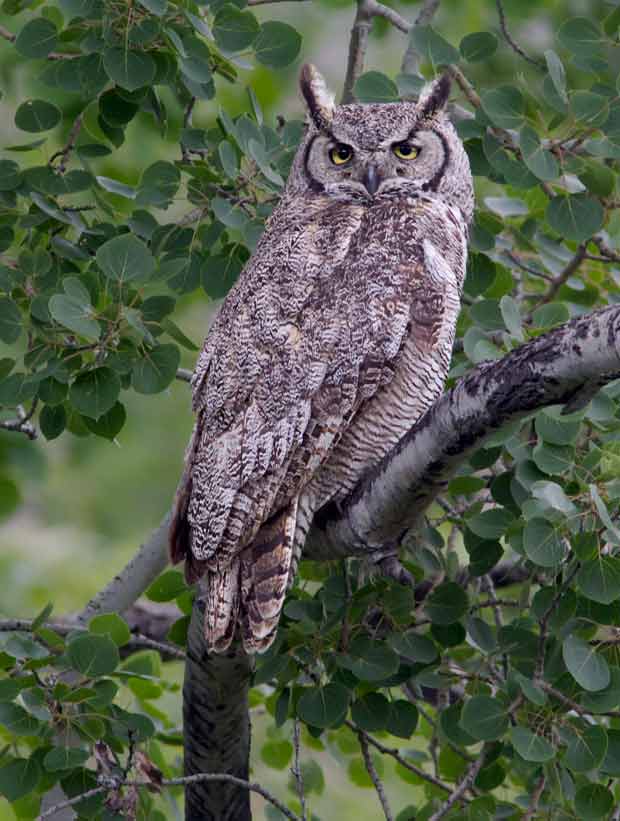My reunion with Jim and other members of my class had at least one unexpected result, though, in retrospect, perhaps it shouldn’t have been unexpected.
One of the turning points in my life was Mr Thomas’ English class my senior year. I remembered the class as a year-long class, but Jim told me otherwise and Willy confirmed Jim’s view. Since every other high school English class lasted a year, I guess I just assumed that that class must have been a year long, too, especially since it stands out in my memory and played a pivotal role in the rest of my life.
Considering how little work I used to get from seniors in my classes the final semester, it’s amazing that Mr. Thomas could inspire me to read four Thomas Hardy novels, a book of Hardy’s poems and write a long research paper on them outside of class in my final semester, especially since I was trying to get caught up in Calculus at the same time. No wonder I was so impressed by him. Obviously I wasn’t quite as laid-back, i.e., “cool,” in high school as I remember.
Though I was accepted into the University of Washington as a Physics major. Mr. Thomas’ class, plus the disastrous Calculus class I had my senior year convinced me to pursue an English degree instead. While Jim agreed with me that the calculus class was a disaster, Willy, who became a math professor, seemed to feel exactly the opposite.
Jim managed to stay awake because Mrs Dunn poked him in the back with a pencil. I managed to stay awake when Jack would pull out his switch blade and stab my seat if I was drifting off. Not surprisingly I spent more time watching Jack than I did the TV. It didn’t help that Jim and I were “W’s” and sat in the back of the room watching a small-screen, black-and-white television in a room with the lights turned off right after lunch. It probably didn’t hurt that Willy was a “B” and had a natural aptitude for math.
It didn’t take too much discussion to reveal that my view of other classes wasn’t necessarily shared by others, either, though Jim and I often had similar views. These revelations supported my observations over 30 years of teaching high school that nearly every teacher was “someone’s favorite.” Teachers dismissed as incompetent by honors students were often beloved by other students who were just as likely to hate teachers adored by honors students. Different students like different teachers or different teaching styles, and it’s nearly impossible to be a “good” teacher for all your students.
Perhaps most surprising of all were our memories of Jack, one of the classmates Jim and I would most like to have seen but one who’s never come to a reunion and almost certainly never will. Jim and I often rode around with Jack, as he had a cool car and we didn’t, but we always knew that Jack had a whole ‘nother life outside West Seattle High School. What we didn’t realize until our reunion was that each of us knew things about him that the other person knew nothing about. I’d always assumed that he hung out with Jim and his friends, who partied more than I ever did. Apparently he didn’t. Three of us who knew him all had totally different impressions of him. I always thought of Jack as our class’ Fonz, but he may well have been our Rinehart, and our reaction to him may say more about ourselves than about him.
At one point during our Reunion when I was talking about my experiences in Vietnam and, later, as a caseworker I exclaimed that despite being on the honor roll I was stupid when I left high school, and even college. They had taught me next to nothing about the real world, a world I discovered while stationed various places in the Army. When I became I caseworker after leaving the army, I discovered that I knew very little about the very places I grew up in, that America does a good job of hiding the poor. Fifty years later I discovered that I even seem to have been confused about what I should have known through personal experience.
It’s scary to think I made some of the most important decisions in my life based on such shaky perceptions. Thank goodness I’ve been a life-long learner, capable of adapting on the fly to life’s surprises. Perhaps the greatest surprise of all is that life has been so good.
Looking back from this perspective I’m reminded of one of Yeats’ greatest poems, “Dialogue of Self and Soul:”
My Self. A living man is blind and drinks his drop.
What matter if the ditches are impure?
What matter if I live it all once more?
Endure that toil of growing up;
The ignominy of boyhood; the distress
Of boyhood changing into man;
The unfinished man and his pain
Brought face to face with his own clumsiness;
The finished man among his enemies?
How in the name of Heaven can he escape
That defiling and disfigured shape
The mirror of malicious eyes
Casts upon his eyes until at last
He thinks that shape must be his shape?
And what’s the good of an escape
If honour find him in the wintry blast?
I am content to live it all again
And yet again, if it be life to pitch
Into the frog-spawn of a blind man’s ditch,
A blind man battering blind men;
Or into that most fecund ditch of all,
The folly that man does
Or must suffer, if he woos
A proud woman not kindred of his soul.
I am content to follow to its source
Every event in action, or in thought;
Measure the lot to forgive myself the lot!
When such as I cast out remorse
So great a sweetness flows into the breast
We must laugh and we must sing,
We are blest by everything,
Everything we look upon is blest.
I’ve loved these lines the first time I read them in college nearly fifty years ago. Perhaps even then I sensed that “A living man is blind and drinks his drop.” We never know quite as much as we think we do and as a result find ourselves unexpectedly in “the ditch,” but life is good if we can still manage to laugh and sing, even if it sounds like the Blues.





